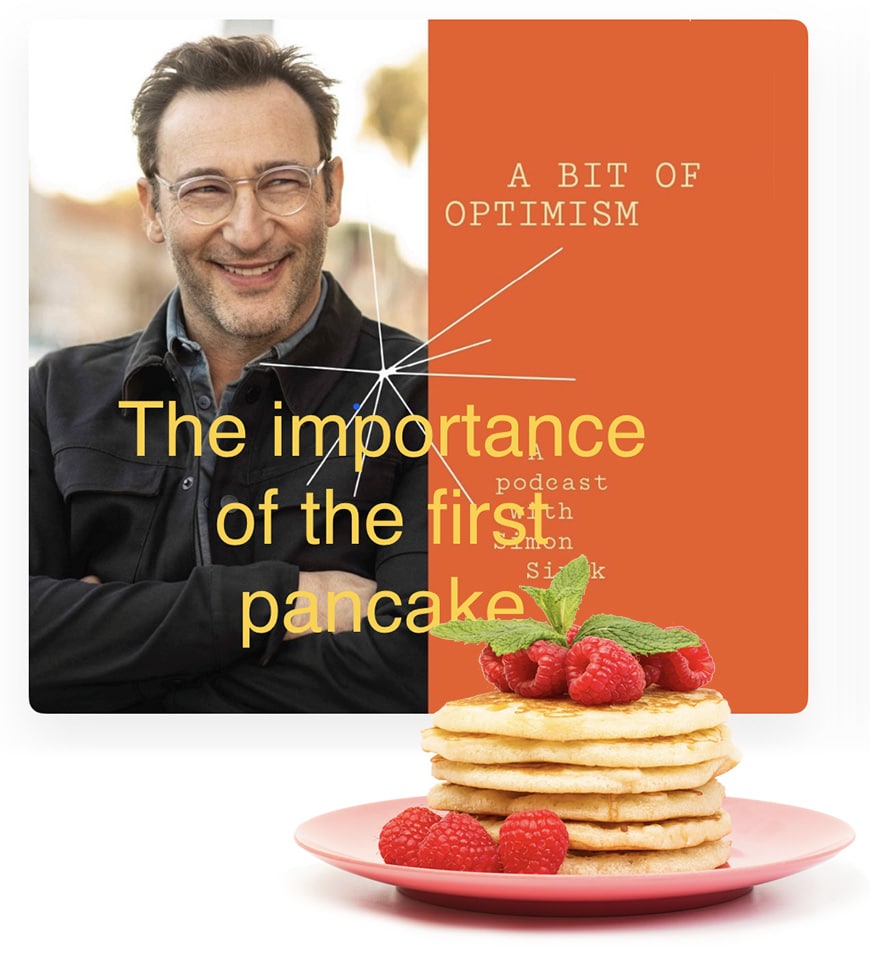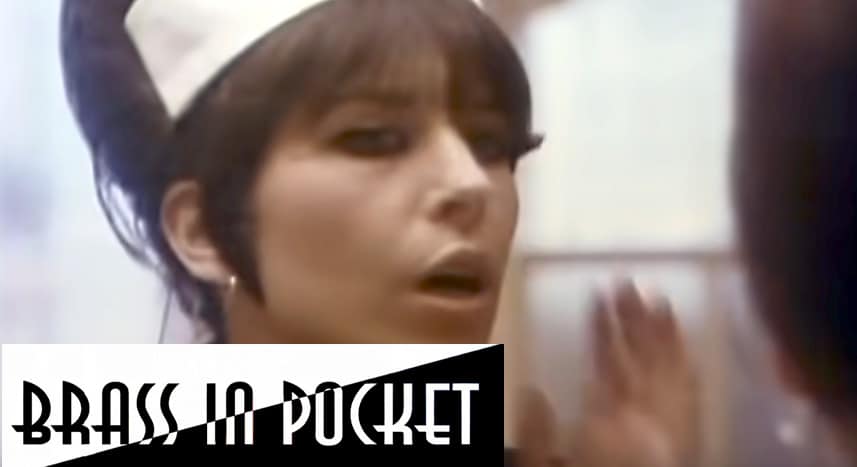

Jason Steed
Owner & CEO
Imposter Syndrome, and How We Creatives Can Rise Above It
On Thursday of last week I bumped into 4 isolated instances where “imposter syndrome” got brought up. My morning commute gave me a talk show about imposter syndrome. The day progressed with the recurring topic in business meetings, then a wrap up with one of my boys who just started his freshman experience at college. A crazy coincidence, but it got me thinking about this label. Creatives and marketers are more susceptible to imposter syndrome because we’re being judged by subjective standards. Here I’ll share some of my own feelings of inadequacy, and how I’ve overcome many of them, along with 3 ways creatives and marketers can tackle imposter syndrome. PS. No, this issue doesn’t just go away on its own.
Creatives and our Scary Spotlights
Many successful creators and marketers can often feel like frauds, just waiting to be called out. As writers, artists, performers, and creative leaders, our creations are our identity; out there under the spotlight for all to scrutinize. Yikes, we’re shining a light on our very souls! Maybe you can relate? I certainly can, though I’ve come a long way in my own career and personal life. Although not an actual diagnosable disorder, thinking of one’s self as a “creative fraud” can feel pretty real. Imposter tendencies can rob us of joy and fulfillment in our work, undermine our potential, and can even stifle creativity.
Even the best creatives miss the mark. Simon Sinek refers to his 1st Pancake example for creatives. The first pancake is so often a throw-away. It’s the 3rd pancake that we’re most proud of and that’s worthy of serving others. But guess what…there’s never a 3rd pancake without the first pancake.

“As creatives and entrepreneurs, if we are to lead by example, let’s start by addressing and correcting symptoms within ourselves.”
- Being the teacher’s pet (but not the smartest kid in the classroom)
- Performing at youth piano competitions (the end of each performance left me feeling both relieved and guilty)
- Being envied or “called out” in Junior High art classes
- Being a new dad
- Being a veteran dad
- Being an entrepreneur (I’ve slowly shifted my mindset from “Maybe I should get a real job, so I can see how marketing is done” to “Maybe I know what I’m doing”)
- Leading a team of agency creatives
- Writing this blog ;-]
My Personal Turning Point: The Mentors in My Life.
Though I’m in a much better place today, my insecurities have been deep and long-lasting through much of my career. I underwent a 20-year maturity with the help of my wife, friends, clients, and associations such as the Salt Lake Chamber of Commerce. I recall my acceptance as one of the Chamber’s 25 local business leaders enrolled in their annual Leadership Utah program. Boy, did I feel like an imposter when I introduced myself and company name that August morning in 2003. I was uncomfortable from head to toe, even wearing a newly purchased blazer and Wingtip shoes that I prayed I was safely hiding inside of. I feel like I can measure my path to confidence, thanks to great leaders within the Chamber who helped me peel away layers of desperate doubt.
Three Ways for Creatives to Tackle Imposter Syndrome
- Fail it till you nail it. This is my spin on banning the ugly word “fake” in fake it till you make it. As creatives we simply need to put in the time and effort, realizing there are no shortcuts. Anybody who gets it right the first time is a victim of beginner’s luck, and “luck” sounds pretty fake to me. See my example above about the first pancake. .
- Reframe “potential” as part of the journey, not the destination. We all “reach” for potential rather than land on it. As a perfectionist, I’ve often been driven to polish everything. As a result, I would often come across to my peers and co-workers as being unrelatable or incongruent. As human beings we crave empathetic experiences. Our flaws make us relatable and relevant to others. Be the whole package…flaws and all! .
- Make small daily corrections instead of taking on those Goliath moments. Realize that feelings of inadequacy apply not just to the big roles but also to smaller daily occurrences. Imposter syndrome is sneaky that way. “Feeling stupid is called “life,” says Dr. Valerie Young, co-founder of Impostor Syndrome Institute.
In Summary
Acknowledge that most creatives and entrepreneurs suffer from time to time with “imposter” labels. Our identity is so deeply tied to the things we produce and display. We make giant leaps forward when we acknowldge we’re all in the same boat…from writers to artists to actors to marketing managers…and the list goes on. Put everything on a pedestal…the good, bad and ugly. Shine the light on it in order to illuminate your own worth and identity. It takes guts. It takes practice. Recognize how your failures are your successes.
Coincidentally, the song Brass in Pocket by The Pretenders has been in my wife’s and my heads all week, “…Gonna use my, my, my, imagination. ‘Cause I’m gonna make you see there ‘s nobody else here, no one like me.” Wow, there are so many nuances in the band name, the lyrics, the timing…clearly, this month’s topic was written in the stars!

Sources:
HBR: Hire leaders for what they can do, not what they have done
HereConsulting: Feeling like you’re never enough—5 ways to combat imposter syndrome
Dr. Valerie Young – Are creative people more susceptible to imposter syndrome?
Simon Sinek: The importance of the first pancake, with Adam Grant and Brené Brown
